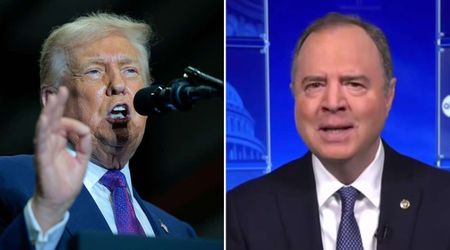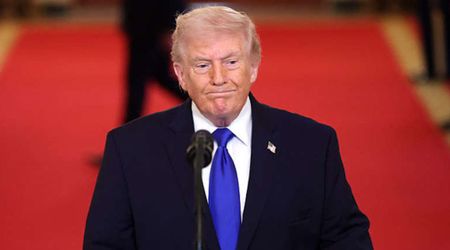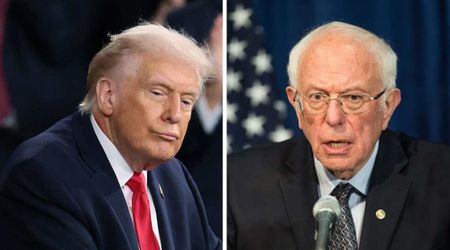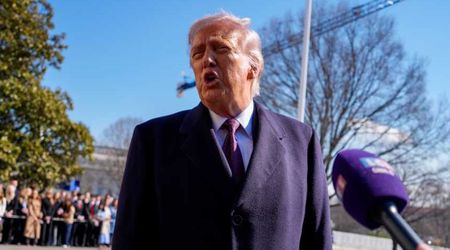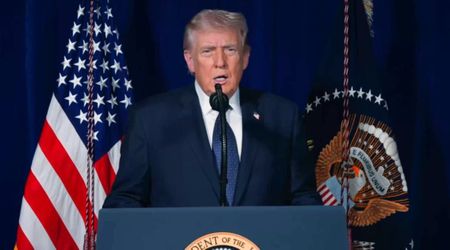6 things to know about efforts to disqualify Donald Trump from ballots in more states after Colorado
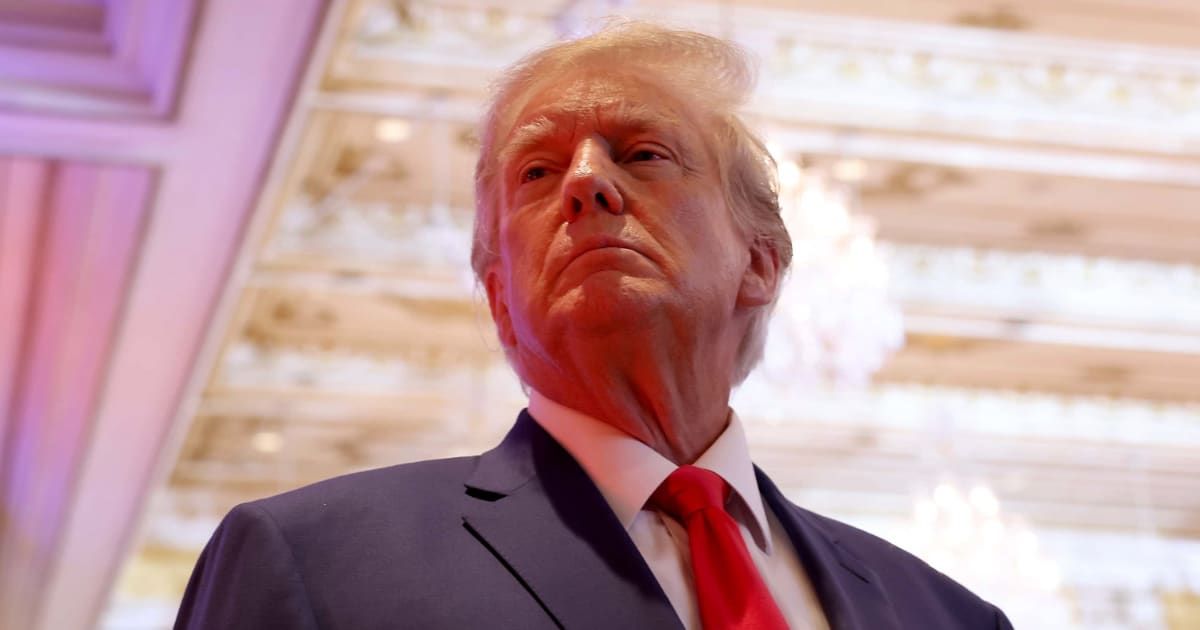
Unraveling the legal maze over Trump's ballot eligibility in 2024 elections

WASHINGTON, DC: Election officials in numerous states are grappling with a weighty decision: whether to include former President Donald J Trump on this year's ballots. Colorado has taken a definitive stance, excluding him from its primary ballots, yet Trump's spirited challenge may see a reversal.
The crux of the matter lies in the 14th Amendment, particularly the clause disqualifying officials involved in "insurrection or rebellion." With the US Supreme Court scheduled to delve into the Colorado case on February 8, their ruling holds the potential to resonate nationwide, shaping Trump's electoral standing.
As Trump leads in Republican polls, his campaign vehemently condemns these attempts as unconstitutional and anti-democratic. Here are six things to know about the unfolding challenges and the legal nuances enveloping this unprecedented electoral scenario.
1. State rulings on Trump's ballot eligibility

Colorado's Supreme Court, in a 4-to-3 decision on December 19, barred Trump from their primary ballot based on his involvement in the Jan 6 attack. The ruling, unique in the nation, awaits a US Supreme Court appeal. Maine initially disqualified Trump but faced a reversal from a state judge. Other states like Oregon, Washington, California, Michigan, and Minnesota have diverse stances.
2. Ongoing challenges across the US

Challenges persist in over 30 states, with active cases in at least 18 as of Jan 26. These involve lawsuits and formal complaints invoking the 14th Amendment. Dismissals, appeals, and the looming Colorado case's influence contribute to the evolving landscape.
3. Legal basis for disqualification

At the core of these legal tussles lies the 14th Amendment, specifically Section 3, which seeks to disqualify officials involved in "insurrection or rebellion." Originally crafted to bar Confederate officials, this provision has become a pivotal point of contention. The GOP's strongest argument involves whether this provision is self-executing or requires congressional action.
4. Supreme Court's dilemma

The US Supreme Court finds itself at the epicenter of this electoral storm, tasked with determining Trump's ballot eligibility. The Colorado appeal, set for oral arguments on Feb 8, places Chief Justice John G Roberts Jr and his colleagues in a delicate position. Balancing the imperative of voter assessment and the desire to avoid a divisive outcome, the court may explore varied paths. These include contemplating the necessity of congressional action, assessing the applicability of the constitutional provision, or considering First Amendment protection in the context of Trump's case.
5. GOP's legal strategy

In response to the challenges, the Colorado GOP has put forward a strategic move, advocating for deferring the question of Trump's disqualification until after potential conviction or a determination of insurrection. Relying on legal precedent from Ownbey v Morgan, the GOP questions the universal and self-executing nature of the 14th Amendment, raising the point of whether private litigants can enforce it without specific statutory authorization.
6. Understanding the insurrection clause

The Insurrection Clause, nestled within the 14th Amendment, assumes a pivotal role in determining Trump's eligibility. This clause outlines eligibility criteria and disqualifies those engaged in insurrection or rebellion. The GOP's emphasis on Trump not being an "officer of the United States" raises questions about disqualification, thereby shining a rare light on the intricacies of the language of this constitutional provision.

